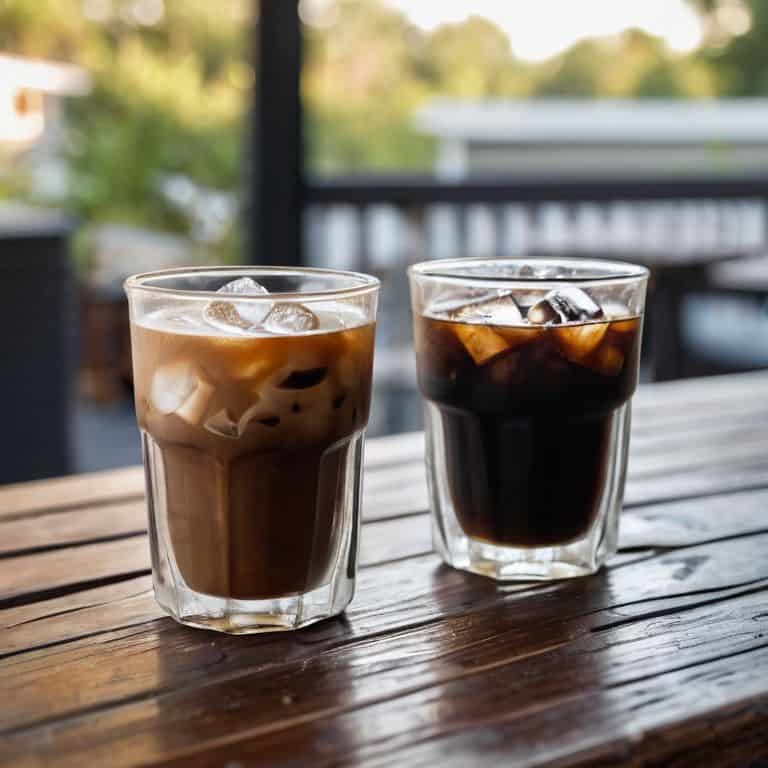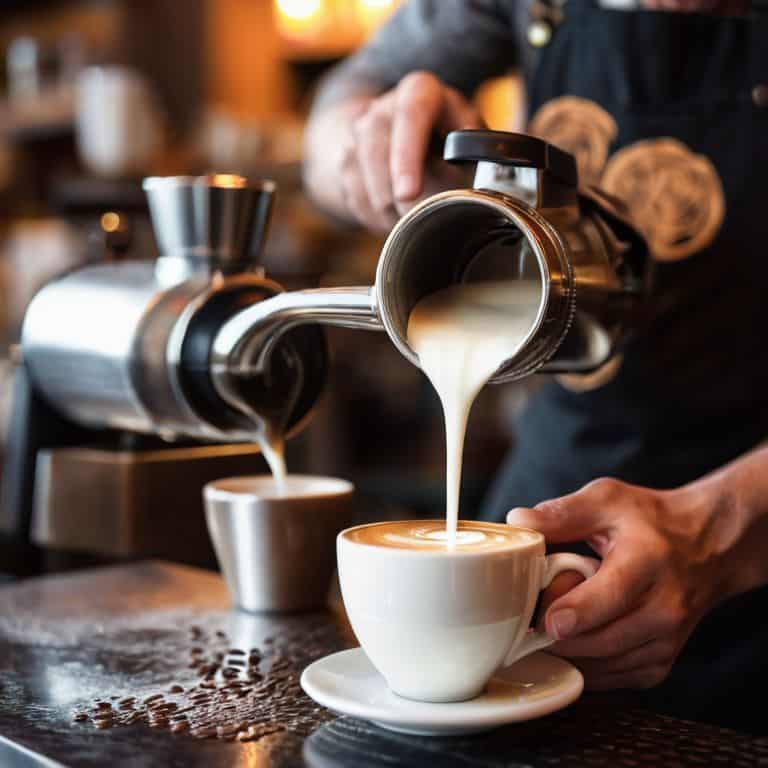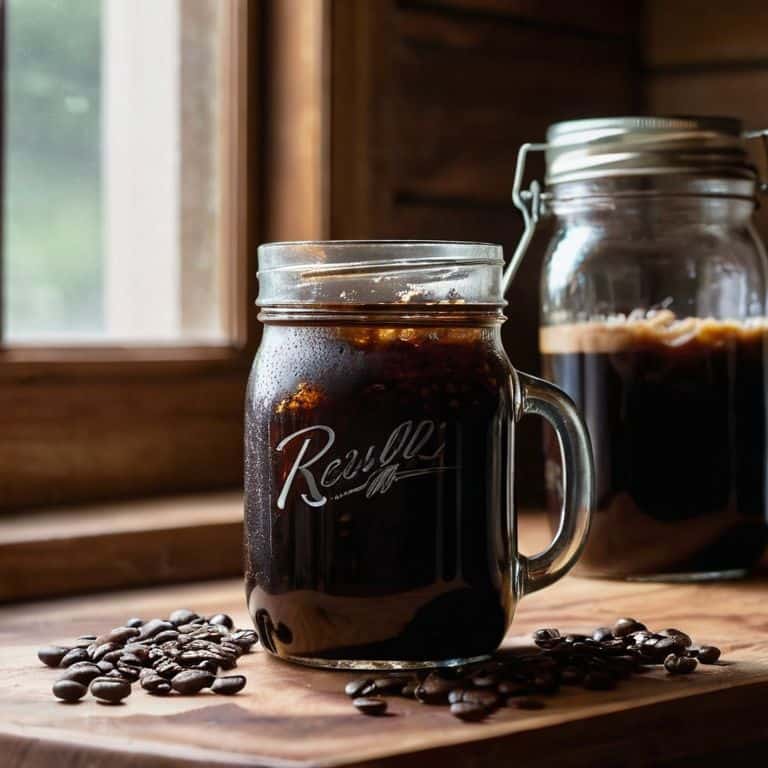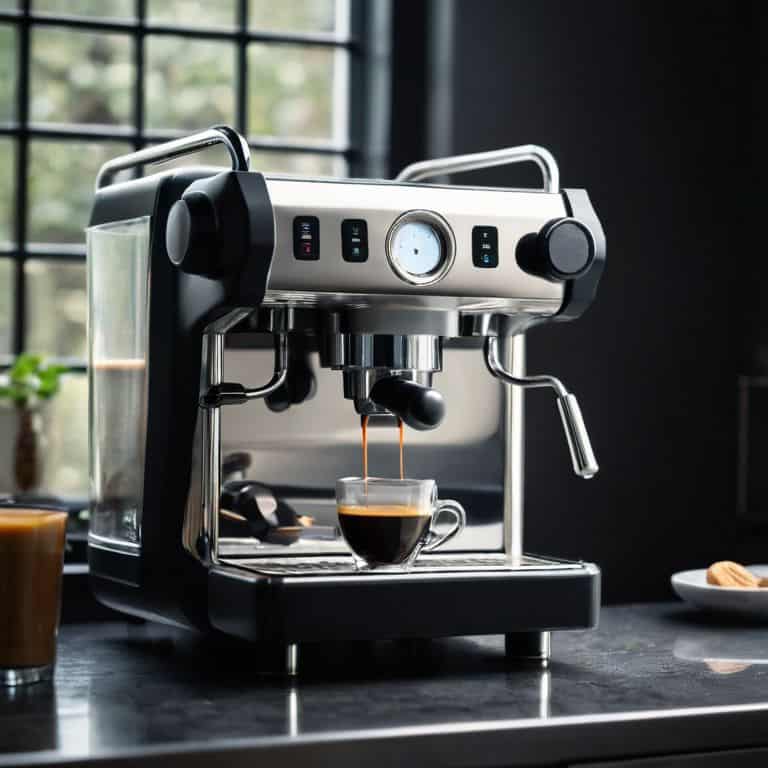As a barista champion, I’ve seen my fair share of coffee enthusiasts struggling with the cold brew vs iced coffee dilemma. It’s a choice that can make or break your coffee experience, and yet, many of us settle for a subpar cup without even realizing it. I’ve been there too, experimenting with different brewing methods and ratios, only to end up with a lackluster drink. But what if I told you that the key to unlocking the perfect cup lies not in the type of coffee, but in the way it’s crafted?
In this article, I’ll share my no-nonsense approach to coffee brewing, gleaned from years of experience in world-renowned specialty coffee shops. I’ll cut through the hype and give you the lowdown on cold brew vs iced coffee, so you can make an informed decision and start brewing like a pro. My goal is to empower you with the knowledge and techniques necessary to create cafe-quality coffee in the comfort of your own home. So, if you’re ready to take your coffee game to the next level and discover the nuances of these two popular brewing methods, let’s dive in and explore the world of cold brew vs iced coffee.
Table of Contents
Cold Brew
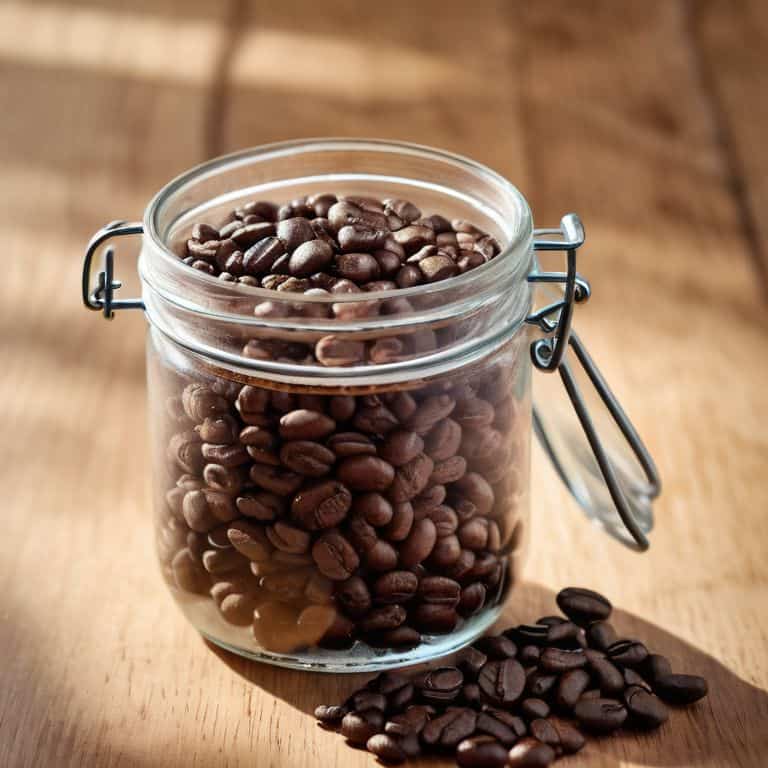
Cold brew coffee is a type of coffee that is brewed without heat, using cold water to extract the flavors and oils from the coffee beans over an extended period of time, typically 12-24 hours. This method allows for a smoother, less acidic flavor profile, which is its main selling point. The core mechanism of cold brew involves steeping coarse-ground coffee in water, resulting in a concentrated coffee drink that can be diluted with water or milk to taste.
As a barista, I can attest that cold brew is more than just a drink – it’s an experience. The low acidity and sweet flavor notes of a well-crafted cold brew can elevate a summer afternoon or provide a much-needed pick-me-up on a lazy morning. When done correctly, cold brew can be a truly meditative experience, with the slow and deliberate process of brewing allowing for a deeper connection to the coffee and the moment.
Iced Coffee

Iced coffee, on the other hand, is a type of coffee that is brewed hot and then chilled, either by pouring it over ice or refrigerating it. This method allows for a quicker brewing time and a more traditional coffee flavor profile, with a brighter acidity and a more pronounced flavor. The main selling point of iced coffee is its convenience and versatility, as it can be made in a variety of ways and flavored to suit individual tastes.
As someone who’s passionate about coffee, I believe that iced coffee is often overlooked as a legitimate brewing method. However, when made with high-quality beans and a careful attention to detail, iced coffee can be a truly refreshing drink that’s perfect for warm weather or as a pick-me-up any time of the year. By understanding the nuances of iced coffee, coffee lovers can unlock a new world of flavor and enjoyment, and I’m excited to share my expertise to help you do just that.
Head-to-Head Comparison: Cold Brew vs Iced Coffee
| Feature | Cold Brew | Iced Coffee |
|---|---|---|
| Price | $3-$5 | $2-$4 |
| Brewing Method | Steeped in cold water for 12-24 hours | Hot brewed, then chilled |
| Caffeine Content | Higher | Lower |
| Taste | Smoother, less acidic | More bitter, acidic |
| Best For | Those who prefer a low-acidity coffee | Those who like a traditional coffee taste |
| Preparation Time | 12-24 hours | Minutes |
| Calories (per 8oz serving) | 0-2 | 0-170 |
Cold Brew vs Iced Coffee

As a barista champion, I can tell you that the cold brew vs iced coffee debate is not just about personal preference, but about the pursuit of perfection. The difference in brewing methods has a significant impact on the final product, and understanding these differences is crucial for any coffee enthusiast.
When it comes to cold brew and iced coffee, the brewing process is where they differ significantly. Cold brew is made by steeping coarse-ground coffee beans in cold water for an extended period, usually 12-24 hours. This method results in a smooth and low-acidity coffee concentrate. On the other hand, iced coffee is made by brewing hot coffee and then chilling it, which can lead to a more bitter and unbalanced flavor profile.
In terms of practical implications, the choice between cold brew and iced coffee comes down to the desired flavor profile and texture. If you’re looking for a rich and full-bodied coffee experience, cold brew is the clear winner. With its smooth and sweet flavor, cold brew is perfect for those who want to enjoy their coffee without the bitterness. In conclusion, when it comes to the cold brew vs iced coffee debate, cold brew is the superior choice for those seeking a perfectly balanced cup of coffee.
Key Takeaways for the Discerning Coffee Enthusiast
Mastering the art of cold brew and iced coffee requires a deep understanding of brewing times, grind sizes, and water temperatures – precision is key to unlocking the perfect cup
Experimenting with water chemistry can elevate your cold brew and iced coffee game, as subtle changes in mineral content and pH levels can dramatically impact flavor profiles and extraction rates
Whether you’re a cold brew aficionado or an iced coffee enthusiast, the pursuit of the perfect cup is a journey, not a destination – stay curious, keep tweaking, and always strive for that elusive ‘god shot’
The Cold Brew Revelation
The distinction between cold brew and iced coffee is not just a matter of temperature, but a testament to the nuances of extraction – where cold brew whispers sweet nothings of chocolate and caramel, iced coffee screams of bitterness and desperation.
Julian Vale
The Final Verdict: Which Should You Choose?
As we’ve explored the nuances of cold brew and iced coffee, it’s clear that both have their unique strengths and weaknesses. Precision brewing is key to unlocking the full potential of either method, and understanding the differences in flavor profile, caffeine content, and production process is essential for making an informed decision. Whether you’re a fan of the smooth, low-acidity taste of cold brew or the brighter, more refreshing zing of iced coffee, there’s no denying that each has its own devoted following.
So, which one should you choose? For those who value ease of preparation and a more laid-back, summery vibe, iced coffee might be the way to go. On the other hand, if you’re a coffee connoisseur who appreciates the rich, full-bodied taste and is willing to invest time in the brewing process, cold brew is likely to be your new best friend. Ultimately, the decision comes down to your personal taste preferences and lifestyle – but with the right techniques and equipment, you can’t go wrong with either option.
Frequently Asked Questions
What are the key differences in flavor profile between cold brew and iced coffee?
Flavor profile is where cold brew and iced coffee drastically diverge. Cold brew’s smooth, low-acidity taste is due to the cold water extraction, which yields a sweeter, more chocolatey flavor. In contrast, iced coffee’s hot-brewed origins result in a brighter, more acidic taste with fruity and floral notes. It’s a clash of rich vs. refreshing, with cold brew’s velvet texture winning out for those seeking a mellow sip.
How do the brewing times and methods for cold brew and iced coffee impact their respective caffeine contents?
When it comes to brewing times and methods, cold brew’s 12-24 hour steeping process typically yields a more concentrated, higher-caffeine brew compared to iced coffee’s quick drip or pour-over method, which can result in a lighter, lower-caffeine cup – a key factor to consider in your pursuit of the perfect caffeine kick.
Can I use the same type of coffee beans for both cold brew and iced coffee, or are there specific roasts that are better suited for each method?
While you can use the same beans for both, I recommend lighter roasts for cold brew to preserve nuanced flavors, and medium to darker roasts for iced coffee to bring out the boldness. Experiment with single-origin beans, like my beloved Gesha, to unlock unique characteristics in each brew method.
